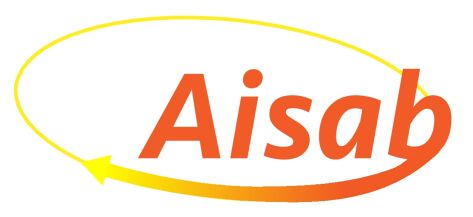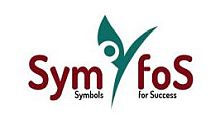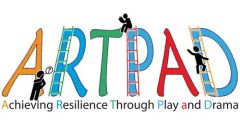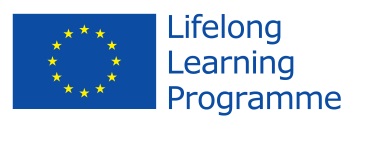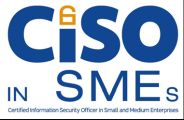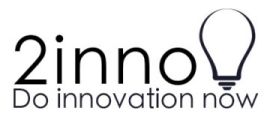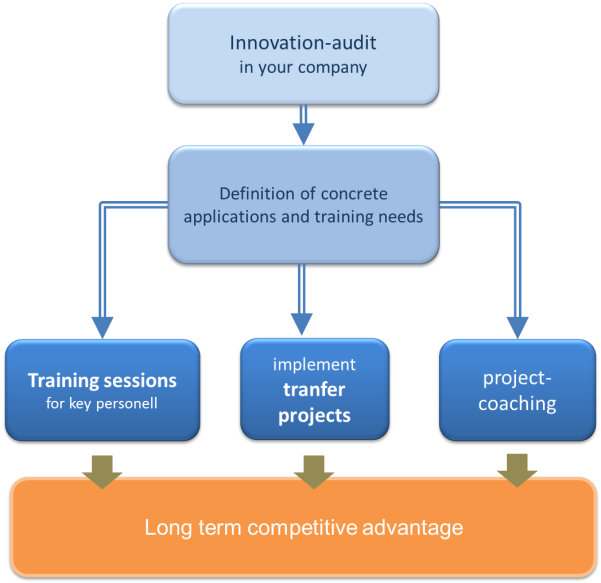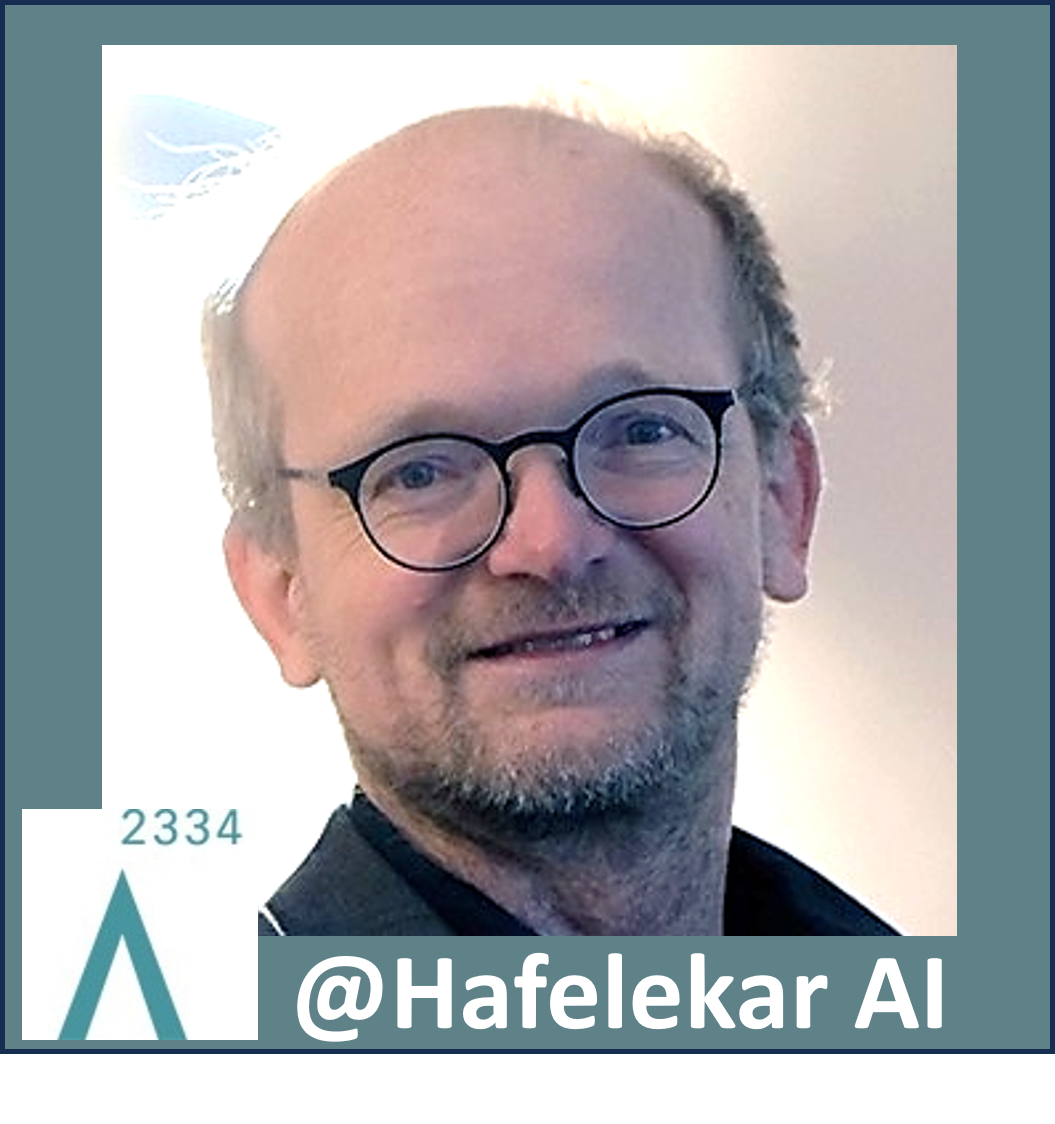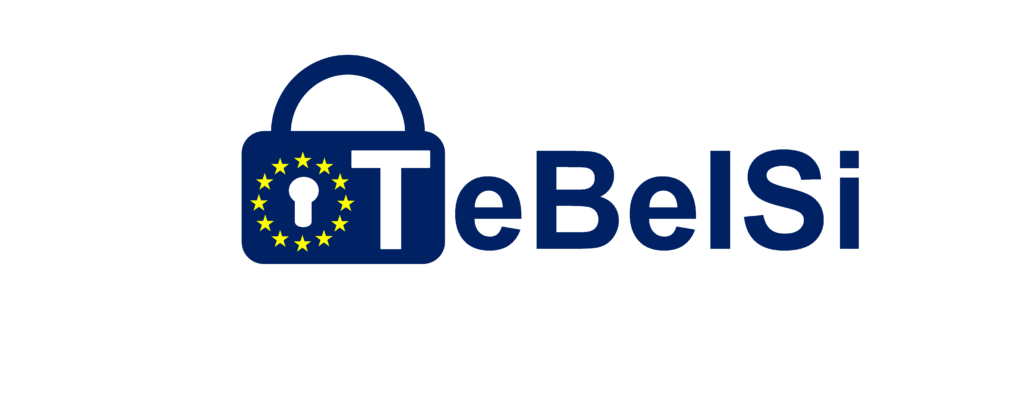
Partial Certification Information Security
The IT sector is characterized by short innovation and product cycles among developers and manufacturers. Due to constantly changing requirements in the IT sector, learning and recognition of informal skills is a decisive factor. The lack of certification opportunities leads to a lack of experts* in the field of information security. This is why the “Betriebswirtschaftliches Forschungszentrum für Fragen der mittelständischen Wirtschaft e. V.” (Business Management Research Centre for Questions of Small and Medium-Sized Businesses) was initiated. (BF/M Bayreuth) initiated this European joint project.
The Europe-wide uniform assessment and recognition of informally acquired skills has enormous potential for combating the shortage of skilled workers in the field of information security. Newly developed job profiles reflect the current needs of small and medium-sized enterprises. Based on this, a learning curriculum is being developed and previously acquired knowledge is recognised and validated.
Project duration
September 2018 to August 2021
Web
Homepage: www.tebeisi.eu
Facebook: www.facebook/tebeisi
Project Partners
BFM – Betriebswirtschaftliches Forschungszentrum Mittelstand (Germany)
Hafelekar Unternehmensberatung (Austria)
SCV – Studio Centro Veneto (Italy)
MRU – MYKOLAROMERIS UNIVERSITY (Lithuania)
WSBINOZ (Poland)

This project has been funded with support from the European Commission. This communication reflects the views only of the author, and the Commission cannot be held responsible for any use which may be made of the information contained therein.


